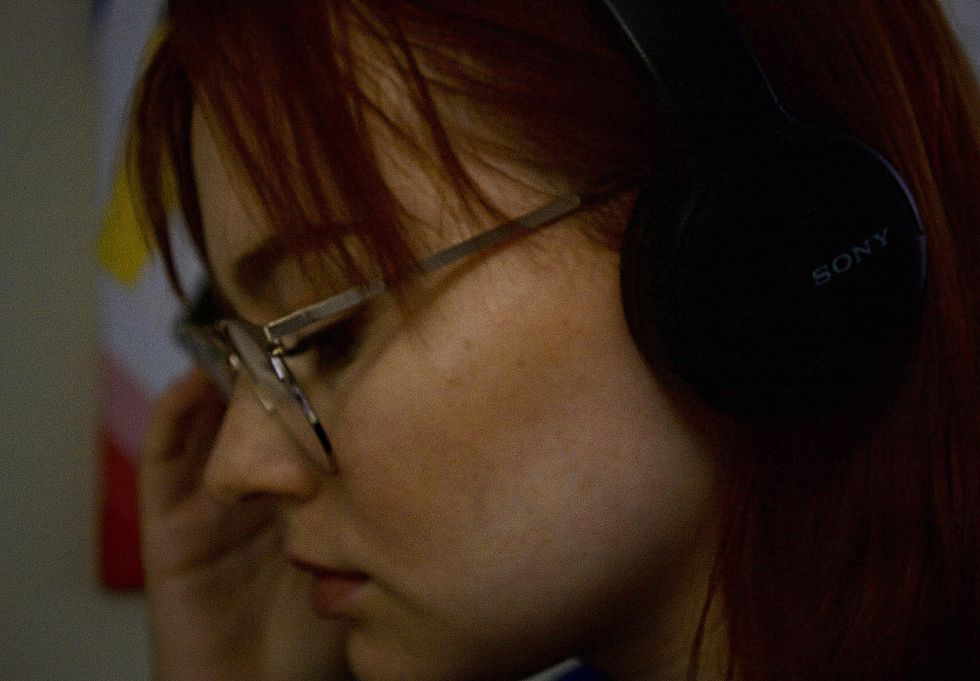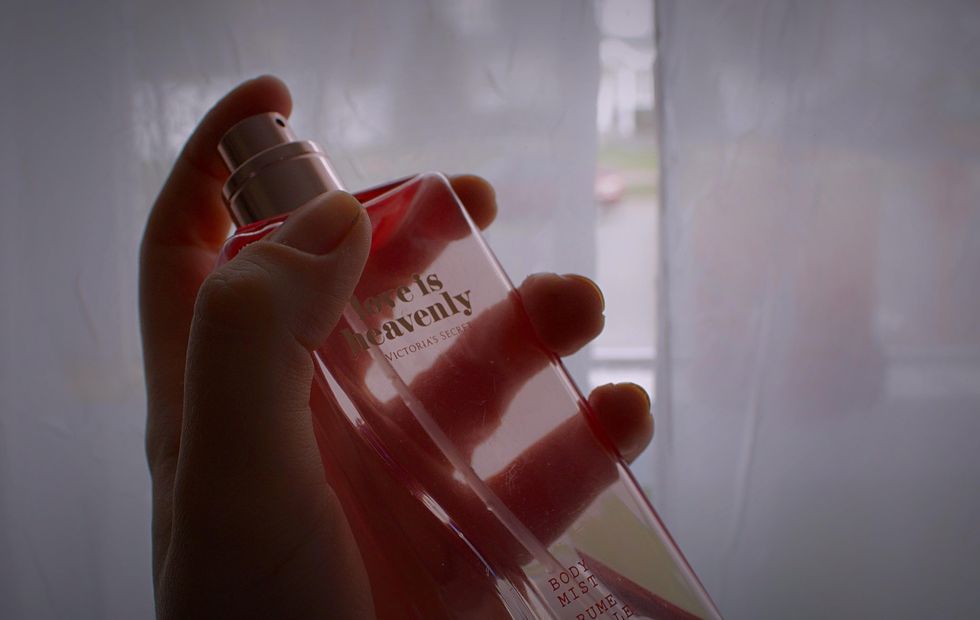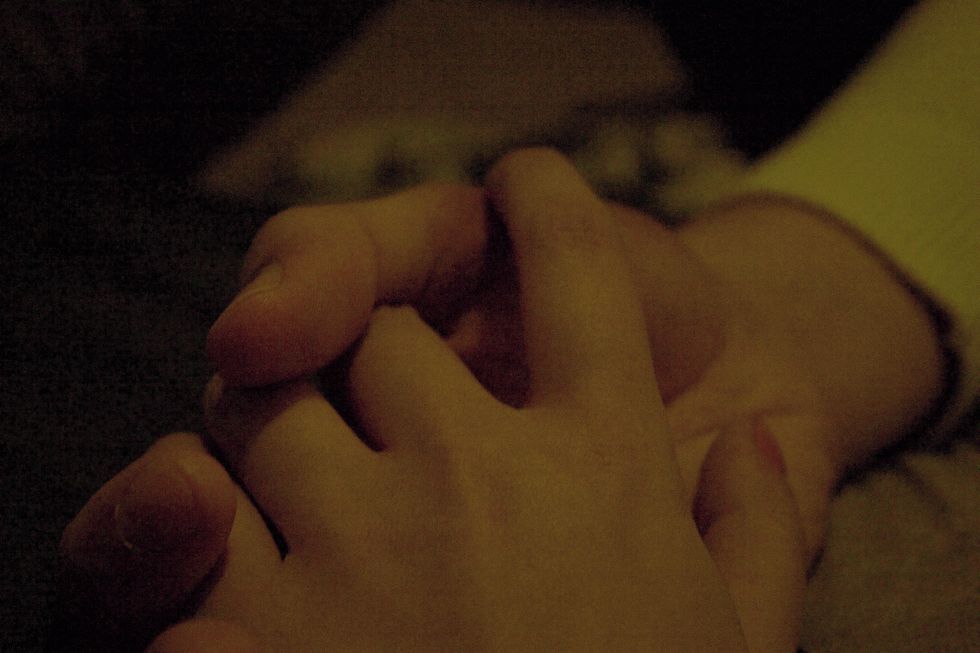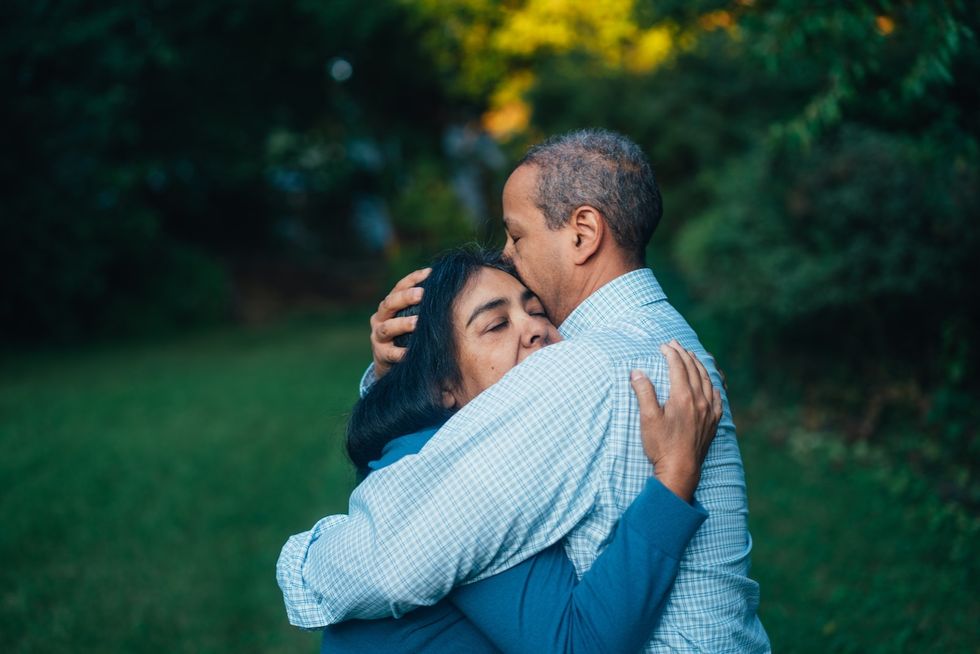I'm A Christian, But I Don't Support 'Christian Politics'
It violates the principles our nation was built on.
On January 28, President Donald Trump tweeted, "Numerous states introducing Bible Literacy classes, giving students the option of studying the Bible. Starting to make a turn back? Great!" First, as an English major, I have many questions. What is a "turn back?" Does he mean "come back?" Second, as a Christian, I disagree with his statement altogether.
As a nation, we have decided that we will not force religion on our citizens. It is a choice. And while Trump's statement about Bible Literacy classes provides a "choice" it also includes a clear bias. If we are going to offer Bible Literacy classes, why not Koran Literacy classes? Or Vedas Literacy classes? Adding the word "option" to the statement doesn't mean people are barred from being offended.
The first amendment clearly says, "Congress shall make no law respecting an establishment of religion, or prohibiting the free exercise thereof, or abridging the freedom of speech, or of the press, or the right of the people peaceably to assemble, and to petition the government for a redress of grievances." So why then do people insist on making religiously based arguments?
Here's a long-debated topic: Gay Marriage. It seems the core arguments or at least the ones that enter into the public sphere, about gay marriage are religious. "Marriage is sacred." "God said Adam and Eve, not Adam and Steve." And of course, the infamous Bible quotes: "a man shall not lay with mankind as with womankind. It is an abomination" (Leviticus 18:22). If we are attempting to limit what the citizens of the United States can do based on biblical precepts, shouldn't we make sex before marriage illegal? What about watching porn? The Bible clearly says "But because of the temptation to sexual immorality, each man should have his own wife and each woman her own husband" (1 Corinthians 7:2).
If we are going to go against our constitution and enact laws based on religious arguments, then shouldn't we make sex before marriage and watching porn illegal?
Here's another hot topic: Abortion. Why is it so vehemently contested? Most of the prevalent arguments surrounding this topic are religiously based. We are not a country built on religion. Even further, we can't be a country built on religion. We decided nearly 230 years ago that we would not be a nation that forces religion. We decided that we would not make political decisions purely based on religion. So why, then, do we continue to fight for political change with religion?
I am a Christian, but I believe in a woman's right to chose. I believe in being well-educated on an issue before claiming it is "unholy" or "murder." The New York law does not state that a woman can kill her baby at any time during the pregnancy for any reason. It says that abortions are legal as long as they occur before the 24th week of pregnancy, the abortion is "necessary to protect the patient's health or life," or there is an absence of "fetal viability," or the ability for the fetus to survive outside the womb.
When the Cuomo, governor of New York, responded to the various religiously-based arguments he'd received, he said, "The Catholic Church doesn't believe in a woman's right to choose. Yes, I understand their religious view, but I'm not here to legislate religion." Cuomo, an outspoken Catholic, understands the difference between what he believes, and the right of the nation to chose. Though he may not agree with the choice, it is not his job to "legislate religion."
I am a Christian, but I don't use my beliefs to enact political change. I acknowledge we live in a nation of choice, and we cannot and should not be permitted to limit the choices of others based on individual religious beliefs.









































We All Need To Learn How To Combat Nasty Comments, One Tweet At A Time
To post or not to post . . . that is the question. Ever not known how to get your point across without typing in all caps and hurling insults left and right? Yeah, me too.
I have a hard time knowing how to respond to something that just seems so utterly wrong in my mind. How do you gently tell someone everything they've ever believed is sexist or racist or just unethical? Do you even tell them? How do you decide whether to speak up or not? What medium should you use to talk to them? Will your posts come back to haunt you when you're looking for a job? If you've ever been frustrated with these questions, you are not alone! I still don't know all the answers.
It's difficult to know when and where to post/comment/talk in our day and age where social media reigns king over all. I don't know about you, but I'm paranoid about everything I put on the internet under my name because I'm worried it'll come back to bite me in the butt when potential employers google me. I've had a lot of recent experience struggling with when and where and how to reply to something I don't agree with online.
Check out my article about checking yourself (before wrecking yourself) on your social media comments here!
The things I keep in the forefront of my mind when deciding whether to post or not are respect and validation. No matter what someone posts on their social media page, every person deserves to be respected and to have their experiences and opinions validated. I want to make sure I respect and validate everyone because that's how I want to be treated when someone comments on my social media posts. Even if I just want to tear the other person's argument apart, I do my best to have calm, respectful conversations. If anything, hopefully, anyone who sees your comments will understand your good intentions of educating the person you're arguing with. These good intentions are necessary for the person to actually listen to you.
If I start yelling out meaningless insults in between insightful comments, the person is only going to be blinded by the insults. They won't even begin to consider what I have to say because they're too busy being offended.
My goal isn't to offend anyone - it's to educate them about my thoughts so they can maybe be well-informed citizens. I don't want to make people angry; I want to get someone to rethink their opinions and take a look from a different perspective. No, this won't resolve the world's issues, and I'm not claiming it will. But if we respond out of kindness and understanding instead of hurt and animosity, we just might be able to sway someone's opinion or (as the kids are saying these days) spark some "woke" thoughts.